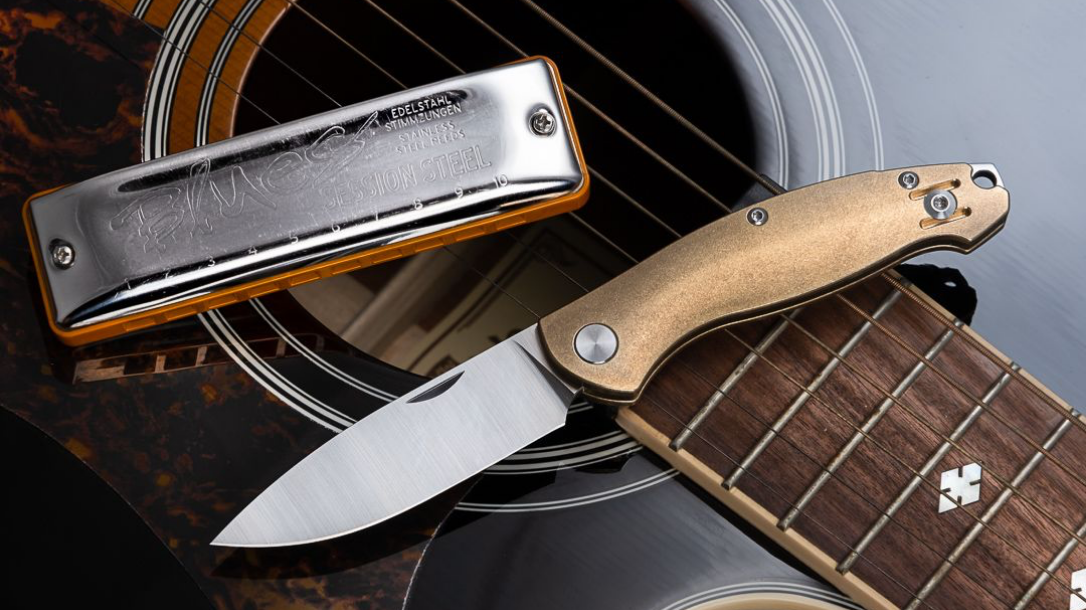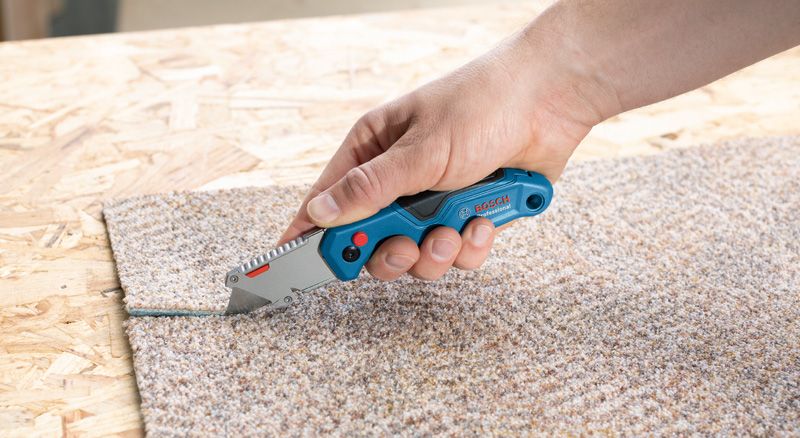For kitchen professionals, the importance of a reliable knife cannot be overstated. Whether you are slicing, dicing, or chopping, your knife is your primary tool. But what happens when you're using a folding knife, and you need to ensure its durability and reliability? This is where testing knife lock strength becomes essential.
Understanding and testing the strength of a knife's lock is crucial for ensuring safety and performance in professional kitchens. In this article, we will delve into the importance of knife lock strength, the methods of testing it, and why it matters to kitchen professionals.

Why Knife Lock Strength Matters
In the fast-paced environment of a professional kitchen, a malfunctioning knife can lead to accidents and compromise the quality of the culinary creations. A secure lock in folding knives ensures that the blade stays in place during use, preventing any unexpected closures that could lead to injuries.
For instance, a folding knife with a weak lock might close unexpectedly, causing cuts or other injuries. This is why kitchen professionals must prioritize knives that have been rigorously tested for lock strength.
Common Knife Locks and Their Strength
There are several types of knife locks, each with varying degrees of strength and reliability. Some of the most common include:
- Liner Locks: These are popular in many folding knives and provide a good balance of strength and ease of use.
- Frame Locks: Known for their durability, frame locks are often found in high-end knives.
- Back Locks: These locks are strong and reliable, commonly used in traditional pocket knives.
Understanding the different types of locks and their strengths allows kitchen professionals to make informed decisions when selecting their tools.
Methods for Testing Knife Lock Strength
Testing knife lock strength is not just about applying force to see if the blade will close; it's about understanding how much pressure a lock can withstand before failing. Here are some methods used:
Pressure Testing
This involves applying a specified amount of pressure to the back of the blade to see if the lock holds. It's a straightforward test that reveals a lot about a lock's strength.
Impact Testing
Impact testing involves dropping the knife from a certain height to test the lock's ability to withstand sudden force. This simulates real-world scenarios where the knife might be dropped or used with sudden force.
Fatigue Testing
In professional kitchens, knives are used repeatedly throughout the day. Fatigue testing simulates this by repeatedly opening and closing the knife to test the lock's durability over time.
Real-World Testing
Sometimes, the best test is simply using the knife in real-world conditions. This involves chefs using the knife in their daily tasks to see how the lock holds up under normal usage conditions.
Choosing the Right Knife for Your Kitchen
Now that you understand the importance of testing knife lock strength, it's time to choose the right knife for your kitchen. Consider the types of tasks you'll be performing and the level of durability you require.
If you're interested in learning more about high-end folding knives or the best angle for sharpening folding knives, visit our blog for more information.
Conclusion
In conclusion, testing knife lock strength is a critical step in ensuring the safety and efficiency of folding knives in professional kitchens. By understanding the different types of locks, the methods for testing them, and the importance of choosing the right knife, kitchen professionals can ensure they are equipped with the best tools for their culinary tasks. For more insights, consider reading about the differences between fixed and folding knives to further expand your knowledge.

FAQs
What is the most reliable knife lock?
The most reliable knife lock often depends on the specific use case, but frame locks and back locks are generally regarded as very strong and secure.
How often should I test my knife lock strength?
Regular testing is recommended, especially if the knife is used frequently. Consider testing every few months or if you notice any changes in the lock's performance.
Can a weak lock be repaired?
In some cases, a weak lock can be repaired by a professional. However, if the knife is frequently used in demanding situations, it might be more cost-effective to replace it.
This article contains affiliate links. We may earn a commission at no extra cost to you.


























